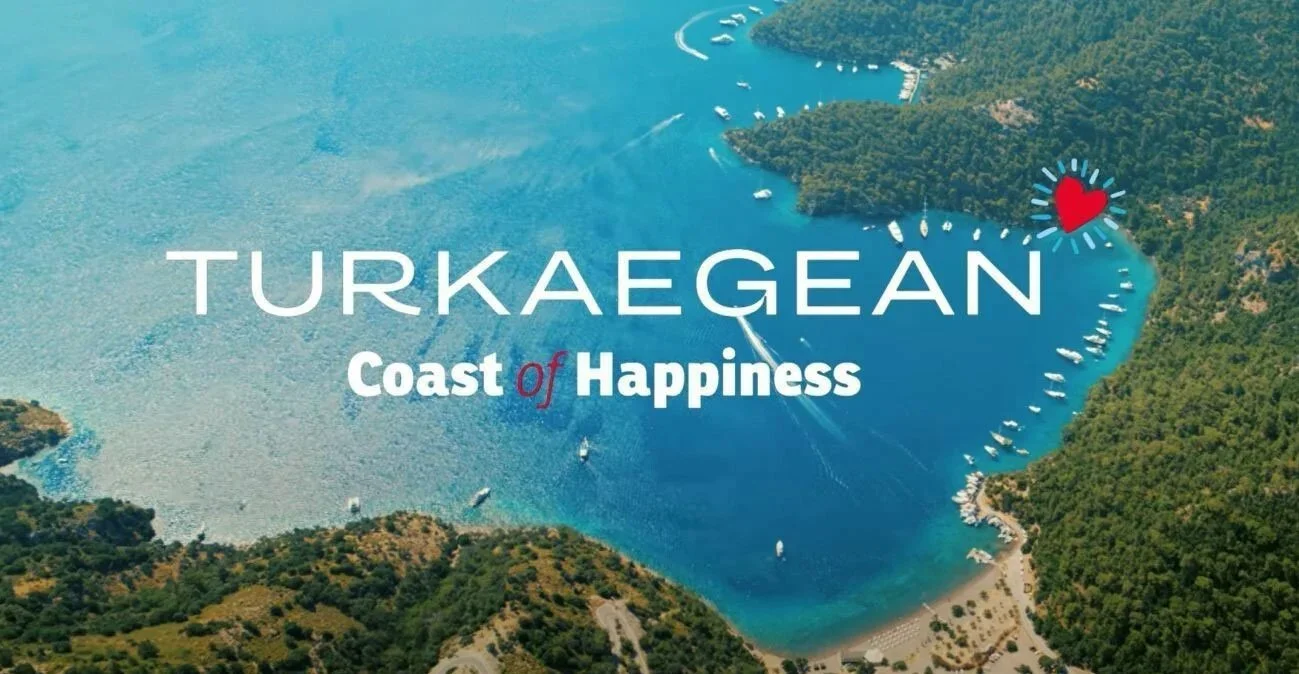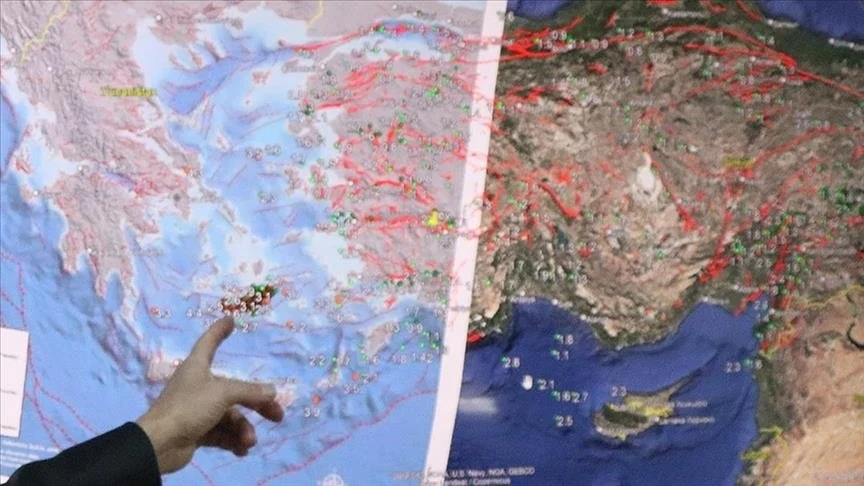The Tempi tragedy, which marked Greece on February 28, 2023, is not just a story of human loss and mourning. It has evolved into a dark thriller of conspiracy, suspicion, and potential cover-ups. A series of "coincidental" deaths that followed the disaster has cast a heavy shadow over the New Democracy government, linking the tragedy to questions of corruption, interference, and attempts to obscure the truth. This analysis examines the key aspects of the case, the suspicions that have arisen, and the broader implications for Greek society and its political system.
A photo of the people who lost their lives in the deadly collision between two trains. They are remembered for the lives they lived and the tragedy they endured, as their stories continue to inspire calls for justice and safety reforms.
The "Coincidental" Deaths: A Series of Disturbing Events
The series of deaths that followed the Tempi disaster has raised serious questions about their nature and the circumstances under which they occurred. Each death appears to be directly or indirectly linked to the investigation of the tragedy, sparking suspicions of deliberate intervention.
Kostas Chrysagis
Profile: Chrysagis was a key witness deeply involved in the Hellenic Railways Organization (OSE). As an infrastructure officer, he was aware of the failures and deficiencies that led to the tragedy.
Death: Shortly after the disaster, Chrysagis was found dead in a car accident.
Suspicions: The timing and circumstances of his death have led to speculation that he may have been deliberately removed as a critical witness. Many believe his knowledge of railway safety failures made him vulnerable.
Kostas Prassas
Profile: Prassas, a former OSE director, was another key witness with deep knowledge of the administrative and technical issues contributing to the tragedy.
Death: He was found dead in another car accident shortly after the disaster.
Suspicions: The frequency and nature of these deaths have raised questions about whether they were accidents or part of a coordinated effort to silence critical witnesses.
Vasilis Kalogirou
Profile: Kalogirou was the son of the prosecutor investigating the tragedy. His mother’s position put her in a crucial role in the investigation.
Death: Vasilis disappeared and was later found dead in a remote area near Tyrnavos, with signs of decomposition and a head injury.
Suspicions: His mother’s resignation from the investigation and the circumstances of his death have led to suspicions of orchestrated murder. There is evidence suggesting that his body was moved after his death, further fueling suspicions of a cover-up.
Potential Acts of Cover-Up by the New Democracy Government
The series of deaths and the conditions surrounding the investigation have led to serious allegations against the New Democracy government. Suspicions focus on four main areas:
Direction of the Investigation
There are reports that the investigation appears to be steered toward predetermined conclusions, avoiding the examination of potential responsibilities of high-ranking government officials.Many believe that the investigation has been limited to lower-ranking employees, without touching the upper echelons of power.
Judicial Interference
The independence of the judiciary has been questioned, with allegations that efforts were made to influence judicial proceedings.Suspicions of political interference in the investigation have created an atmosphere of distrust toward the justice system.
Intimidation and Neutralization
The deaths of witnesses have been interpreted as warnings to those who might reveal the truth.This intimidation tactic aims to keep witnesses silent and prevent further information leaks.
Control of Information
There are claims that the media has been used to promote a narrative that serves the government’s interests.This manipulation of information aims to shape public opinion and prevent criticism of the government.
Conclusion
The Tempi tragedy and the subsequent "coincidental" losses have revealed a dark side of Greek political and judicial reality. The series of deaths, suspicions of cover-up, and allegations against the government have created a climate of mistrust and fear. The need for an independent, thorough, and transparent investigation that will shed light on every dark corner of this case is more urgent than ever. Greek society demands justice, transparency, and the revelation of the real truth behind the tragedy and its aftermath. Only in this way can trust in the political system be restored and the recurrence of such tragedies be prevented in the future.













